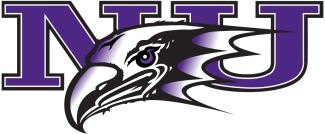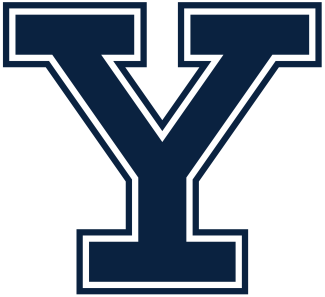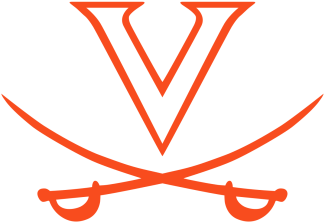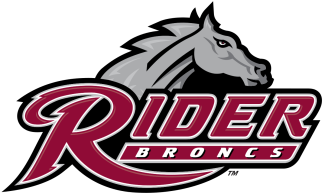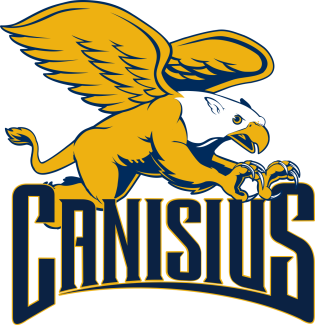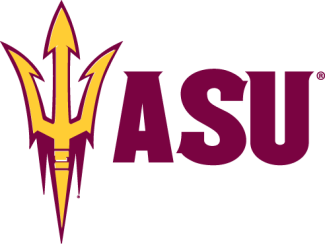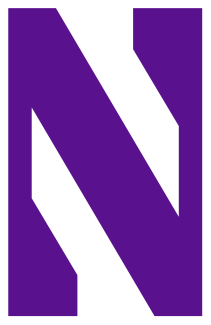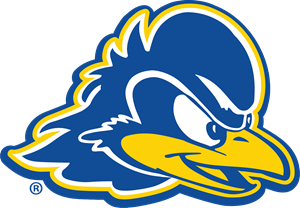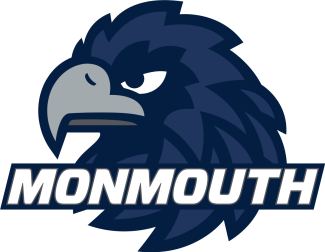Joe Finn serves as archivist for US Lacrosse and the National Lacrosse Hall of Fame and Museum, a role he has held since 1998. As a lifelong Baltimore-area resident, Finn first caught the lacrosse bug in high school and has combined his love for the game and his love of history into becoming one of the foremost authorities on lacrosse.
As the college season winds down, many of lacrosse’s traditional rivalry games have been spotlighted in recent weeks: Army vs. Navy, Cornell vs. Princeton, Duke vs. North Carolina (women). Each of these rivalries, in addition to several of the college game’s other marquee match-ups, are highlighted in the National Lacrosse Hall of Fame & Museum.
But great as these games can be, there’s little dispute among lacrosse enthusiasts that the sport’s ultimate rivalry resides in the state of Maryland: Johns Hopkins vs. Maryland.
As two of lacrosse’s most historic programs, the rivalry has all the ingredients needed for greatness: geographic proximity, national significance, championship implications, longevity, vitriol, and of course, a dash of controversy.
“These are both perennial playoff teams and among the top contenders every year. That makes it a big deal right there,” said Joe Finn, archivist for US Lacrosse and the National Lacrosse Hall of Fame and Museum.
Maryland defeated Johns Hopkins last week in the latest renewal of the series, but neither school can agree on the series record. By both accounts, the rivalry dates back to 1895, but that’s where the agreement ends.
Maryland does not recognize the seven games played prior to the formation of its varsity team in 1924 as part of the official series record. Hopkins has no issue with counting those games, which all resulted in victories for the Blue Jays.
Since USILA rankings began in 1973, the two teams have met 57 times, with Johns Hopkins winning 40 of those games. Both teams have been ranked in the top five in 26 of the last 57 games between the teams, and one of the teams has been ranked number one in 21 meetings since 1973.
The teams have met five times in a number one vs. number two matchup.
Interestingly, the teams have also played twice in qualifiers to represent the United States in the Olympics. Johns Hopkins won both of those match-ups, in 1928 and 1932, and served as the U.S. representative in Amsterdam and Los Angeles. Hopkins is the only team that has a winning record against Maryland.
Two of the most memorable match-ups, according to Finn, were in 1957 and 1973.





